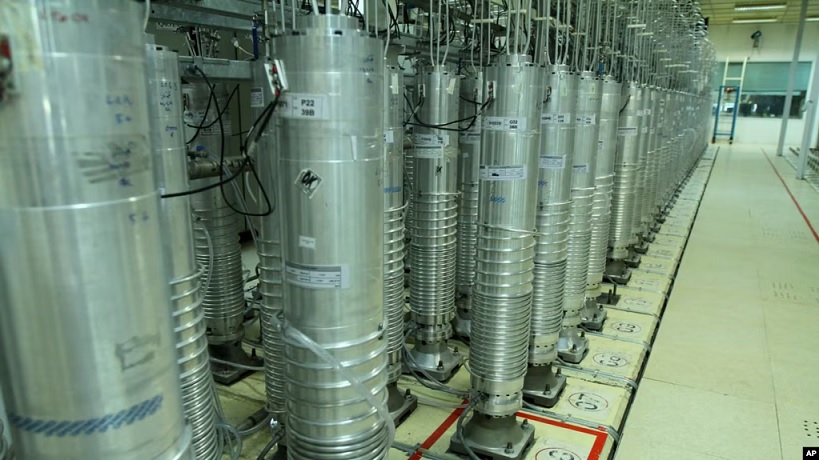Ebrahim Rostami’s statement raises questions on Iran’s military strength and geopolitical posturing.
Iran recently made bold claims about possessing covert weapons that surpass nuclear capabilities. Ebrahim Rostami, the former head of International Relations and secretary of the Development and Equipment Commission of the Islamic Revolution Guard Corps (IRGC), issued this declaration. This statement has sparked significant discussion about the authenticity of Iran’s military power and the implications for global security.
Classified Weaponry
Rostami emphasized that Iran holds military equipment far more powerful than nuclear weapons. He refrained from providing details about these weapons, stressing that such information is classified. According to Rostami, these superior weapons remain under tight secrecy. “I won’t say who carried them out, but five tankers exploded in the highly secure Port of Fujairah. They don’t even know where the hit came from,” he remarked, referencing the mysterious 2019 attacks on oil tankers in the UAE’s Fujairah Port. While Iran denied involvement in those attacks, many international observers linked the incidents to Iranian-backed forces or operations.

Shift in Nuclear Policy?
Rostami’s comments came amid calls from Iranian lawmakers to reassess the country’s “no nuclear weapons” doctrine. While Iran’s official stance claims no interest in developing nuclear arms, Rostami’s statements could signal a shift in policy. His claims suggest that some factions within Iran are pushing for a more aggressive military posture, even though the exact nature of these supposed superior weapons remains vague.
Iran’s Posturing and Global Impact
Iranian officials have repeatedly stated that the country has “no red lines” when defending its interests. While Iran insists that it seeks peace, its leadership has made it clear they are ready for war if necessary. Rostami’s assertions may serve as a strategic bluff or a warning to the international community. Iran’s military capabilities, particularly its advanced missile technology and asymmetric warfare strategies, already concern global powers. Rostami’s statement adds another layer to the growing tension in the region.
Bluff or Reality?
Some experts suggest that Iran’s claim might be an attempt to project power without revealing concrete evidence. Others believe that Iran’s involvement in covert operations, like the Fujairah tanker attacks, shows the country’s capability to disrupt global trade and security without conventional warfare. Regardless, Iran’s message underscores its willingness to defend its sovereignty by any means, raising questions about its future military actions.
In conclusion, while Iran’s claims of weapons superior to nuclear technology remain unverified, they contribute to the ongoing uncertainty surrounding the country’s military intentions. Whether this is a strategic bluff or a glimpse into hidden capabilities, Iran’s posture is causing global concern, especially in the context of the country’s existing regional influence and strategic ambitions.




